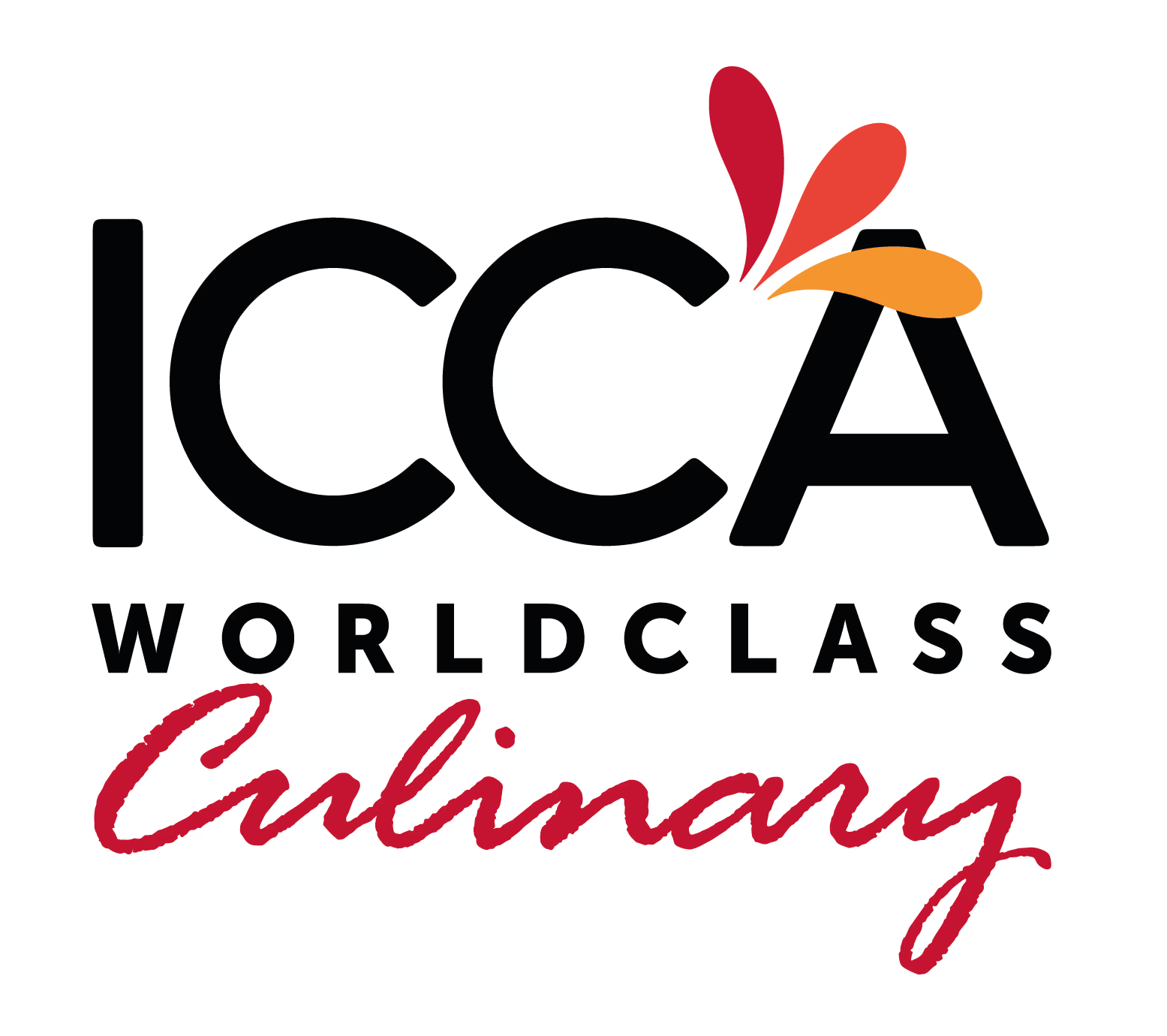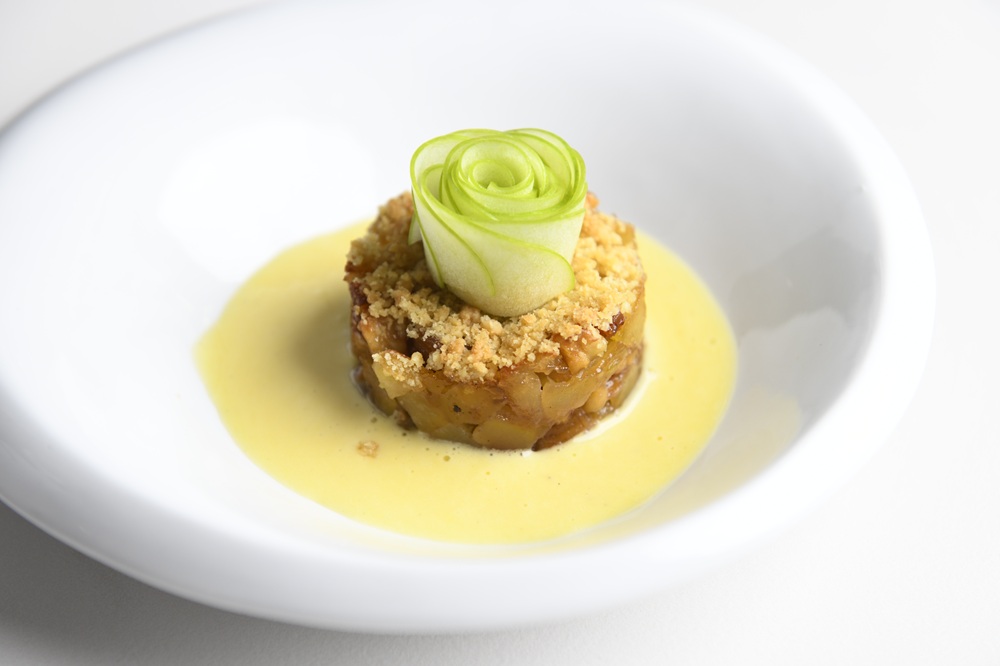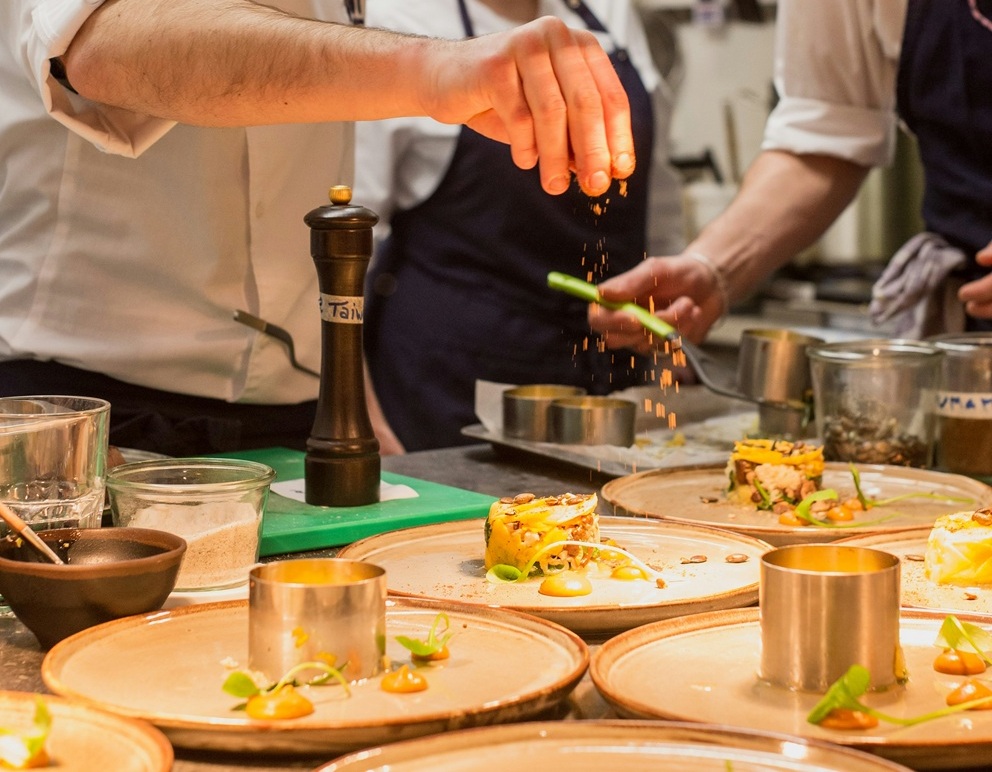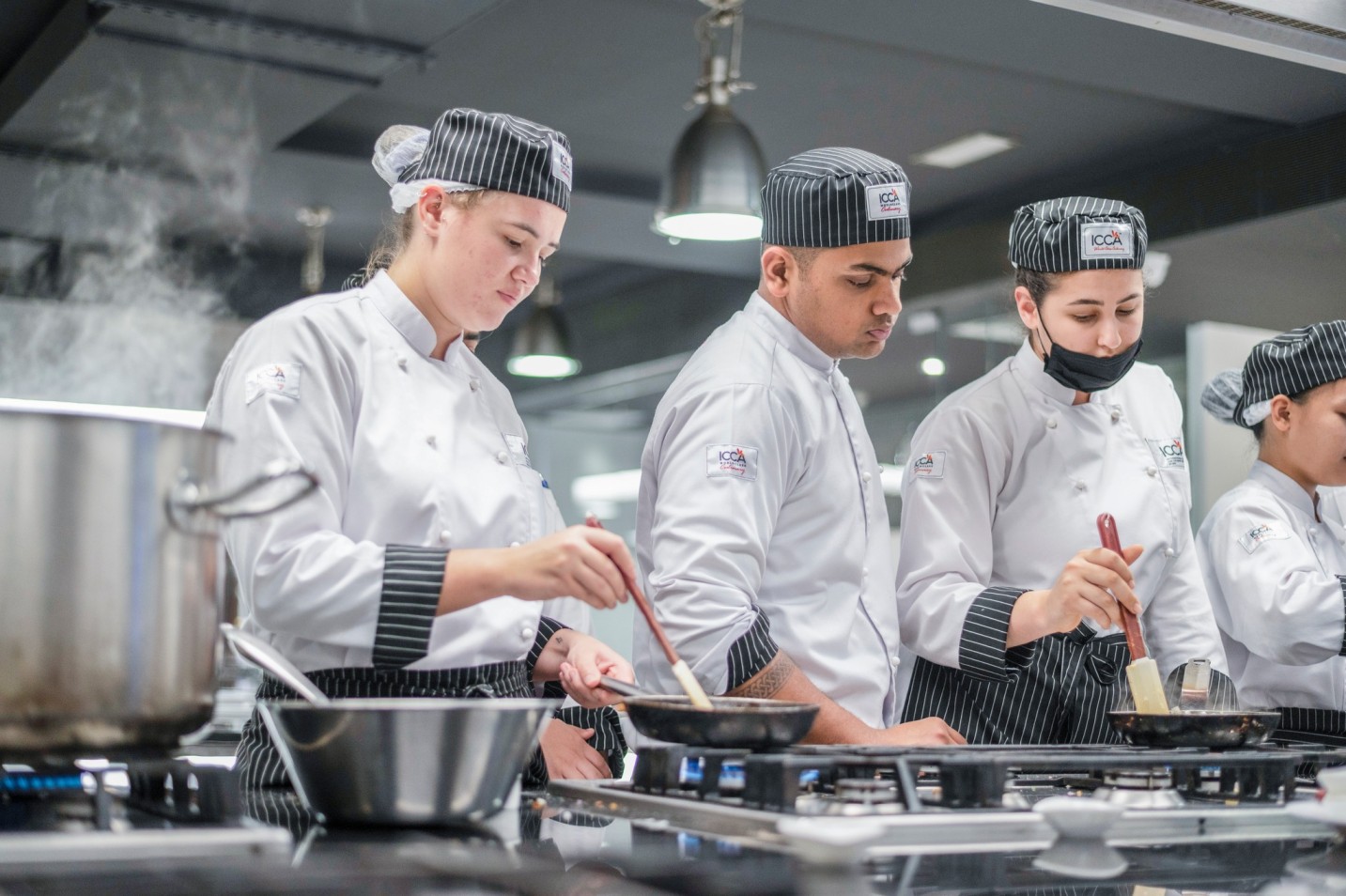Are you dreaming of wearing the chef’s hat someday? Whether you see yourself as a master of French cuisine, a bread artisan, or a pastry perfectionist, stepping into the culinary world is a bold and rewarding choice.
But here’s the truth—a great culinary career doesn’t begin with a knife or a recipe book. It begins with preparation. Knowing where to start, what to learn, and how to grow makes all the difference. If you’re fresh out of school or making a career switch, this guide will help you understand what it truly takes to become a chef in today’s competitive industry.
Let’s break it down into three essential steps every aspiring chef should take.
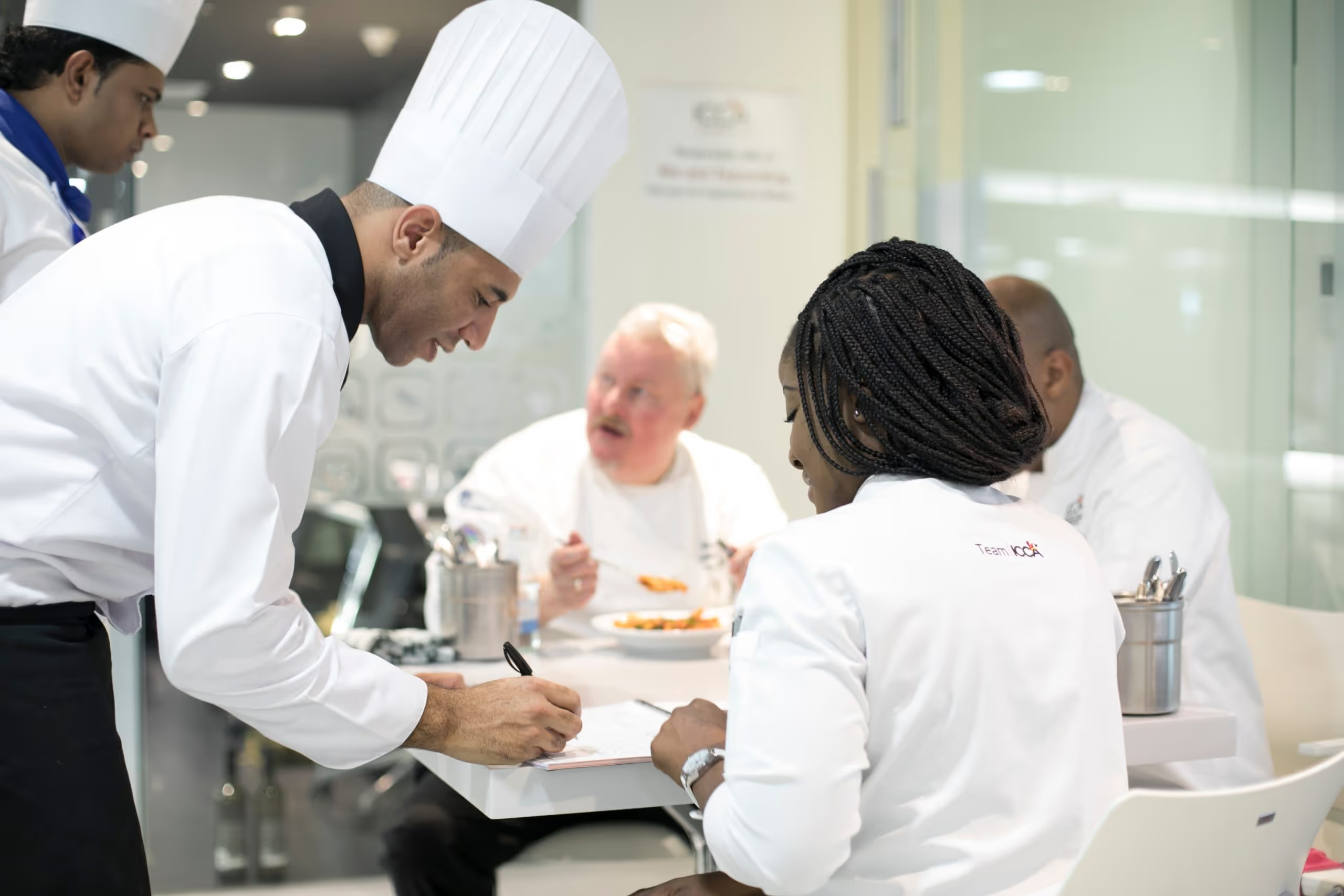
1. Build a Strong Foundation with the Right Training
Why Professional Learning Matters for Beginners
You may love cooking at home, but working in a professional kitchen is a different ball game. From handling commercial equipment to following food safety protocols, there are many industry standards that chefs need to master early in their learning journey.
That’s where formal training comes in. Joining a structured culinary program gives beginners a clear roadmap—starting with the basics of kitchen skills, hygiene, food prep, and time management. And most importantly, it boosts confidence. When you understand technique, you're not just following recipes—you’re thinking like a chef.
Choose the Right Area to Specialize
The culinary field is vast. It’s helpful to explore different areas before choosing a path to focus on. Here are some popular directions:
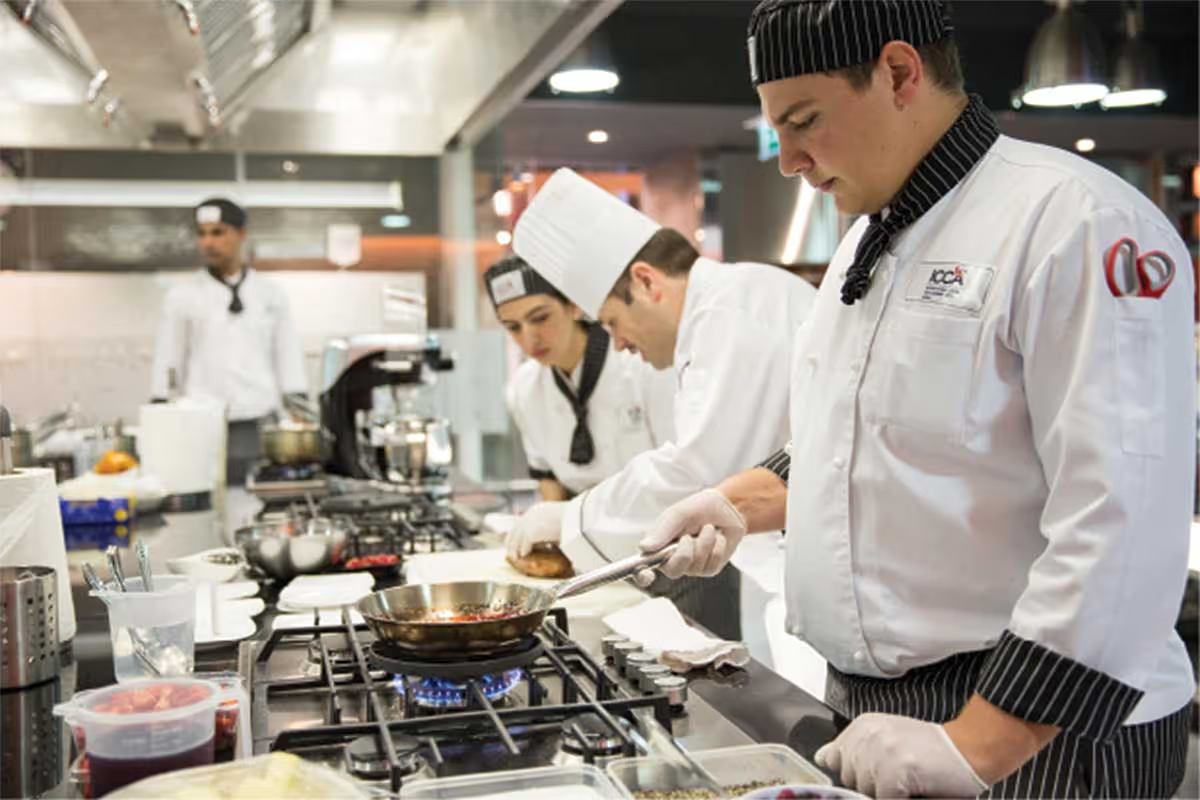
A Diploma in Food Preparation and Culinary Arts – Cooking:
It is a comprehensive program designed to equip aspiring chefs with the essential skills and knowledge required in professional kitchens. This hands-on course focuses on foundational and advanced culinary techniques, including food safety, kitchen operations, ingredient preparation, and the art of cooking a variety of dishes across multiple cuisines. Students gain practical experience in real or simulated kitchen environments, preparing them for careers in the hospitality and food service industries. Ideal for those passionate about cooking, the diploma serves as a strong stepping stone toward becoming a professional chef or launching a culinary business.
A Diploma in Food Preparation and Culinary Arts – Patisserie:
It is a specialized program focused on the art and science of baking and pastry-making. Designed for aspiring pastry chefs, the course offers hands-on training in preparing a wide range of baked goods, including breads, cakes, pastries, desserts, and confectionery. Students learn essential techniques in dough handling, chocolate work, sugar craft, and dessert plating, along with important aspects of food hygiene and kitchen management. This diploma provides a solid foundation for a career in patisserie, opening opportunities in bakeries, hotels, restaurants, and high-end dessert boutiques, or even for starting a business in the world of artisan baking.
Starting with a certified, hands-on course will set you up with industry-level expertise and make you job-ready from day one.
2. Grow with the Culinary Community
Surround Yourself with Mentors and Role Models
Culinary school is just the beginning. One of the best ways to grow early in your career is to learn from those who’ve been in the kitchen trenches. Find mentors who inspire you—whether it's a chef you admire, a teacher you’ve trained under, or even someone working in a role you aspire to. Their stories and guidance can help you avoid common mistakes, discover new interests, and stay motivated.
Build Real Connections That Open Doors
As a newcomer, it helps to start networking as early as possible. Join online forums for culinary professionals, follow food trends, and attend hospitality events like food expos, chef workshops, and cooking competitions. Participating in such events exposes you to real-world industry expectations and introduces you to professionals who could one day become colleagues or employers. The more people you meet, the more opportunities you’ll discover.
Get Experience Outside the Classroom
Nothing beats learning by doing. If you're just starting out, even a part-time kitchen assistant job or internship can teach you valuable lessons in:
- Time management during busy service hours
- Handling pressure and multitasking
- Working as a team in a professional kitchen hierarchy
From dishwashing to prepping mise en place, every job teaches something vital. Embrace these roles as stepping stones—they help you understand how real kitchens function and what will be expected of you later on.
3. Adopt the Right Mindset for a Lasting Career
Be Patient with the Process
The path to becoming a great chef isn’t a straight line. You'll burn things. You’ll get orders wrong. You’ll feel tired. But these moments are part of the learning curve. Skill comes with time, and experience only builds through consistency.
So don’t rush it—focus on improving every day.
Stay Focused on Your Career Goals
If you want to become a pastry chef, then focus your training around desserts, chocolate work, and plating. Interested in owning a bakery someday? Learn about inventory, food costing, and kitchen management. Clarity helps you choose the right courses and jobs that support your long-term vision.
Our alumni Chef Asrar Ahmed tells you what it takes to become a professional chef
Keep the Fire Alive: Stay Passionate and Grounded
Culinary life isn’t always picture-perfect—it’s intense, fast-paced, and often unpredictable. There will be long hours, hot kitchens, and moments of doubt. But in those very moments, it’s important to reconnect with why you started.
Maybe it was the excitement of experimenting with flavors, the joy of watching someone enjoy your food, or the dream of turning your creativity into a career. That passion is your compass. Gratitude is just as powerful. When you appreciate the process—the learning, the small wins, even the mistakes—you grow stronger and more resilient. Every burnt pan, every tough shift, becomes part of your story. Every great chef started somewhere. Maybe in a home kitchen. Maybe with zero experience. What matters is taking that first intentional step..
So lace up your kitchen shoes, tie your apron, and get cooking. Your dream job in food is waiting.
At ICCA Dubai, passion isn't just encouraged—it’s nurtured every step of the way. The learning environment is built to inspire creativity, resilience, and a deep appreciation for the culinary craft. With hands-on training, expert mentorship, and real-world exposure, students are guided not just in skills, but in mindset. ICCA understands that a successful culinary career is fueled by more than techniques—it’s powered by love for the craft and the ability to grow through challenges.
Want to take that first step? Read more about our programs.

